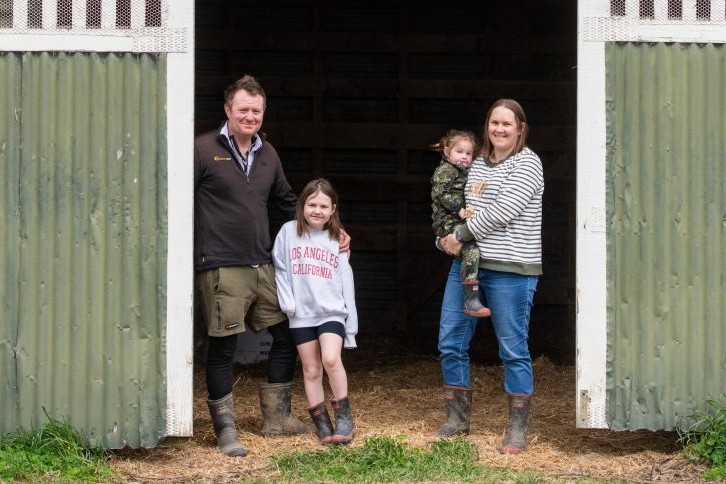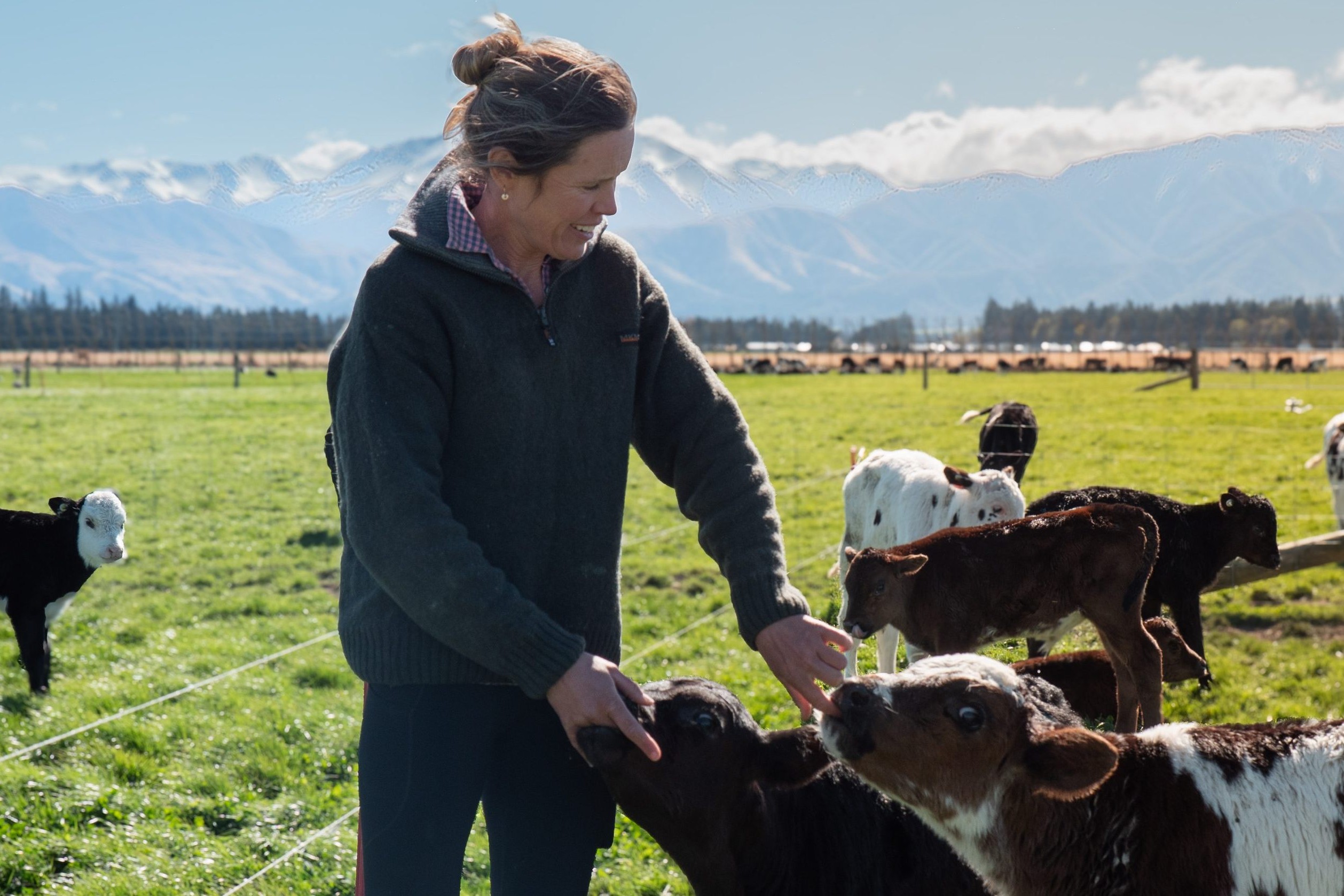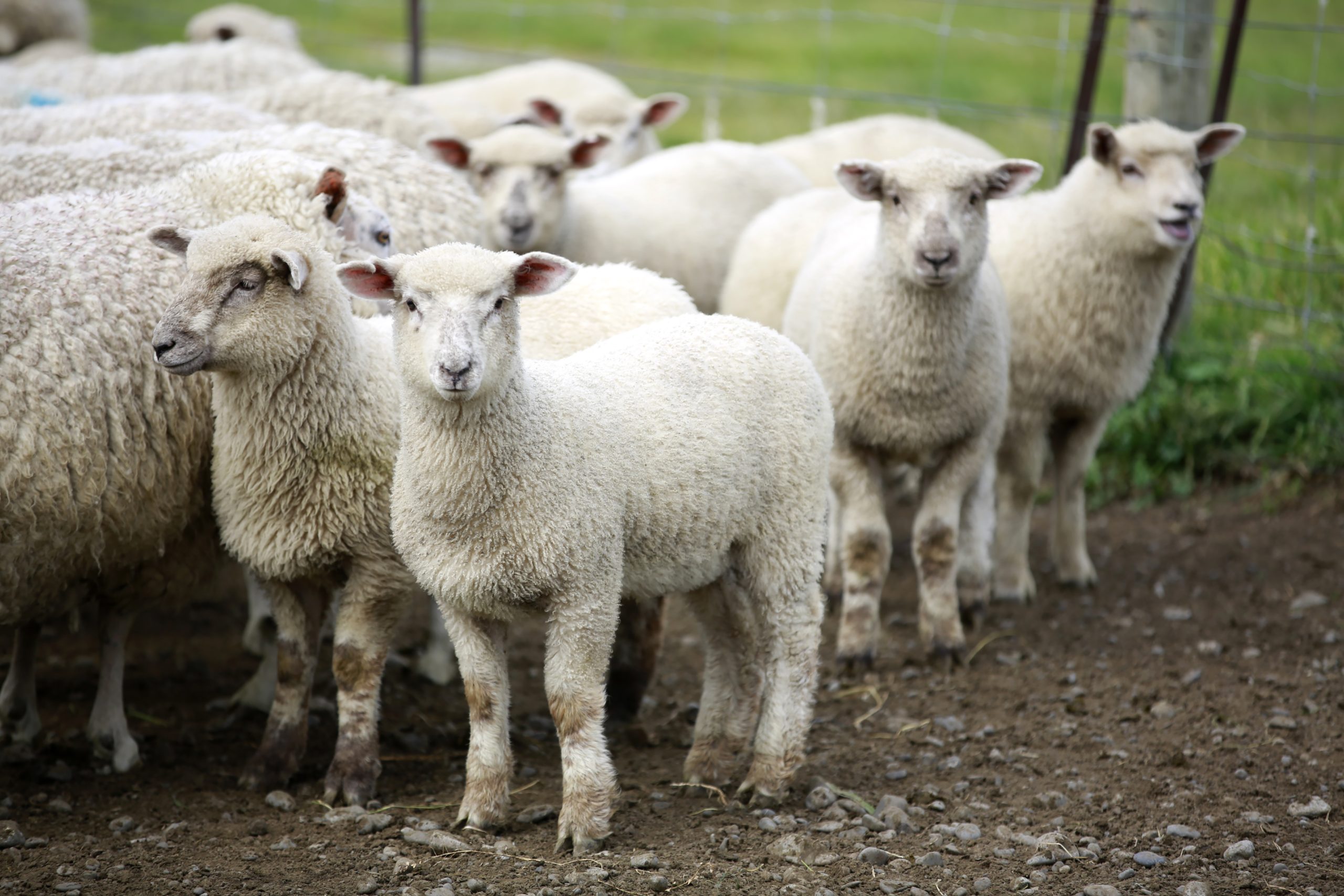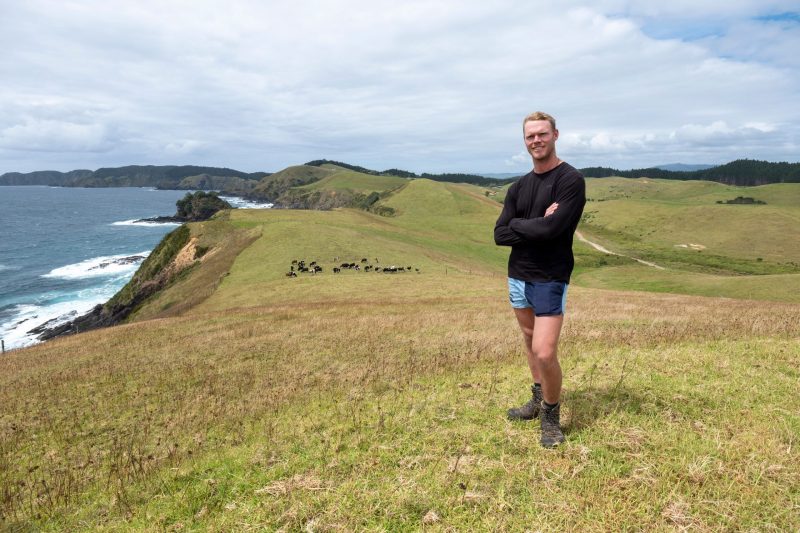Graham Butcher
The following includes a small template looking at costs of different 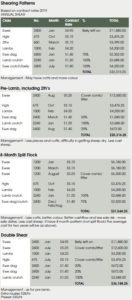 shearing patterns. A chat to a local contractor updates the price components and the results are shown in Table 1. The most expensive pattern, double shear, is about 43% more expensive than the least cost pattern, pre-lamb shear. The analysis is done over 2400 ewes and 675hoggets plus rams, 2970su. The absolute costs go from $25,300 for pre-lamb to $36,200 for double shear. Quite a difference.
shearing patterns. A chat to a local contractor updates the price components and the results are shown in Table 1. The most expensive pattern, double shear, is about 43% more expensive than the least cost pattern, pre-lamb shear. The analysis is done over 2400 ewes and 675hoggets plus rams, 2970su. The absolute costs go from $25,300 for pre-lamb to $36,200 for double shear. Quite a difference.
But the most common pattern in the south would be annual shear at $32,300. Shearing pattern will affect quality, annual shear being the most effected, and prevalence of cast sheep. So, the impacts of these need to come into the equation. Pre-lamb is the riskier option as well with more feed and shelter planning involved. But, significant cost savings and better wool.
Taking these shearing costs and looking at the Class 6 Beef + Lamb farm production and an annual shear pattern, the breakeven price for a clip is about $2.18 net and greasy , that is, unless you achieve $2.18, wool is a cost, not profit centre.
A further thought on wool. Wool quality has suffered with low pricing. Low pricing has reduced preparation and the low pricing came before lack of preparation, ie, it’s not lack of preparation that has driven prices so low. While there might be price advantages in better preparation, an extra two rousies over two days will cost about $890, so over the model annual shear in Table one, we need a price advantage of about 8c/kg greasy. Not always apparent that this is achieved.
The good thing is that if price differentials improve, you can switch on the extra preparation. Not so, however, for black fibres sneaking into the clip. Black fibre is more prevalent so more attention needs to be paid to this. If it gets worse, it will be harder to get rid of. That’s the same principle as applied in the freshwater plan – fix it now or it will be more costly. True in both cases.
I believe that over time the natural attributes of wool will win the day, even for strong wool. So think about this and let’s clean up the clip where we can.
- Graham Butcher is a Gore-based farm consultant.

